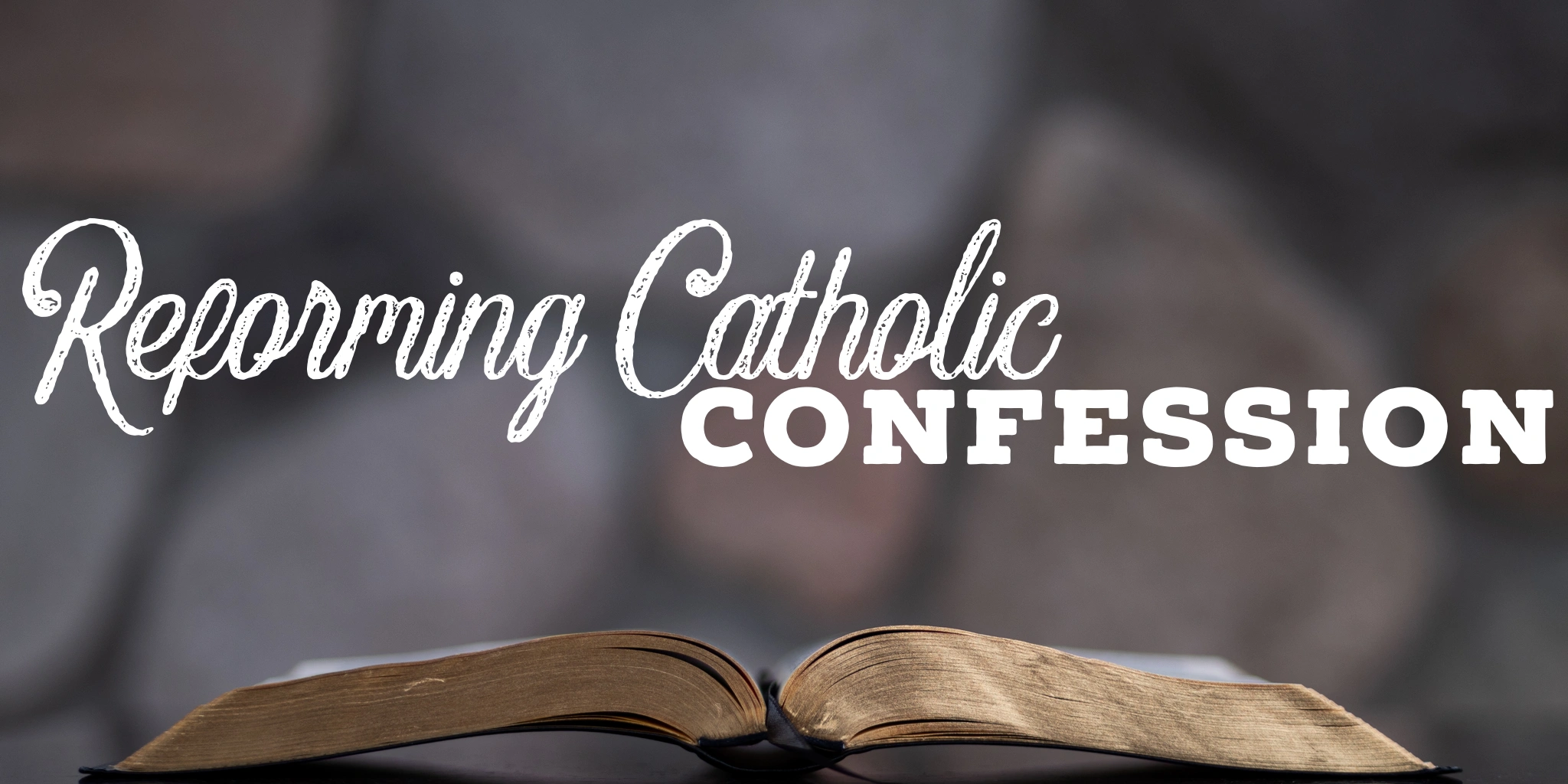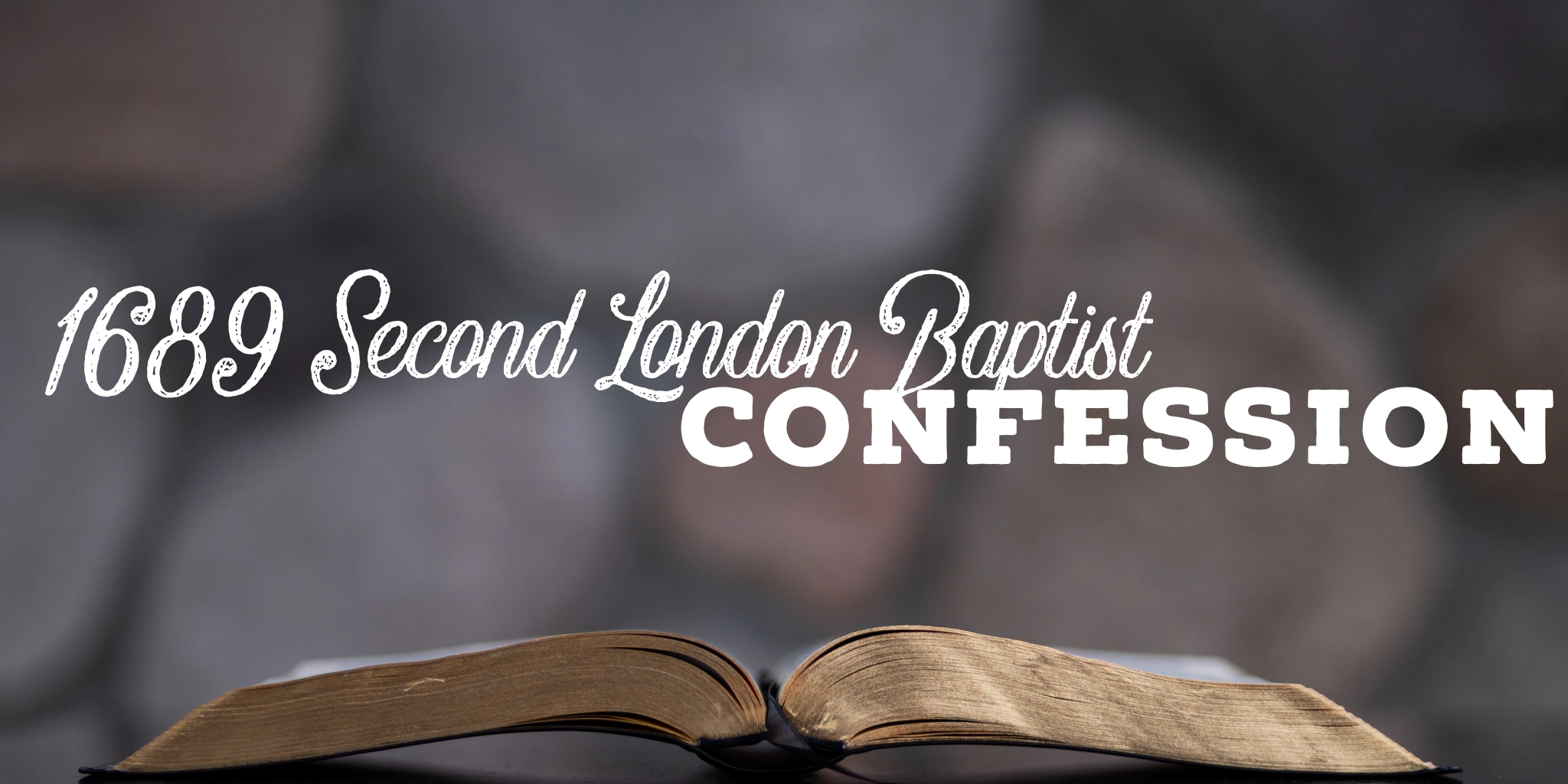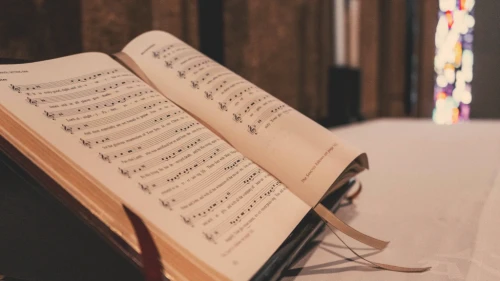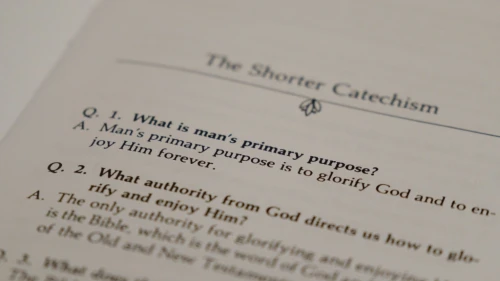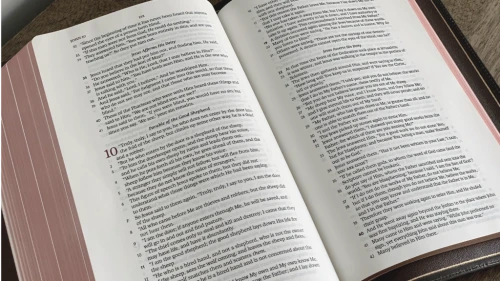Reforming Truth Church was founded in March of 2013. Our name says three things about who we are as a church:
- Our focus is the gospel of Jesus Christ. We firmly believe the gospel to be the reforming truth--the only truth able to reform us into the image of God.
- We are continually being reformed by the truth. We are not finished being reformed; it’s an ongoing process that will not end this side of eternity. The primary means of knowing and experiencing the truth is through the ordinary means of grace: The preaching of the Word, the exercise of the sacraments (Baptism and the Lord’s Supper), and prayer.
- We are rooted in historic Christianity and in God's preservation of truth throughout the history of the church. We recognize the great work done by those who have come before us, from the Apostles to the early church fathers, from the reformers to the puritans and on to those who have held strong to the faith in the modern era. We remain connected to the body of Christ throughout history.
In light of the above, we trace our identity today by orienting ourselves within the larger universal church throughout history. We are orthodox, catholic, credal, protestant, confessional, and reformed baptists. Read on to learn more about what that means.
We Are Orthodox, Catholic, and Credal
First, we are firmly within orthodox Christianity. When we say that we are orthodox, we are affirming the orthodox beliefs of the Christian faith as articulated by the early church fathers in the ecumenical creeds. These beliefs include:
- The triune nature of God
- The full divinity and full humanity of Christ
- The virgin birth
- The bodily death, burial, and resurrection of Christ
- The future return of Christ
Second, we recognize that we are part of the catholic, or universal, church. We highly value our connection with the global church and the church throughout history.
Ecumenical Creeds
As such, we affirm the four primary ecumenical creeds, which set the bounds of orthodox belief and have been affirmed by the vast majority of the catholic church throughout history.
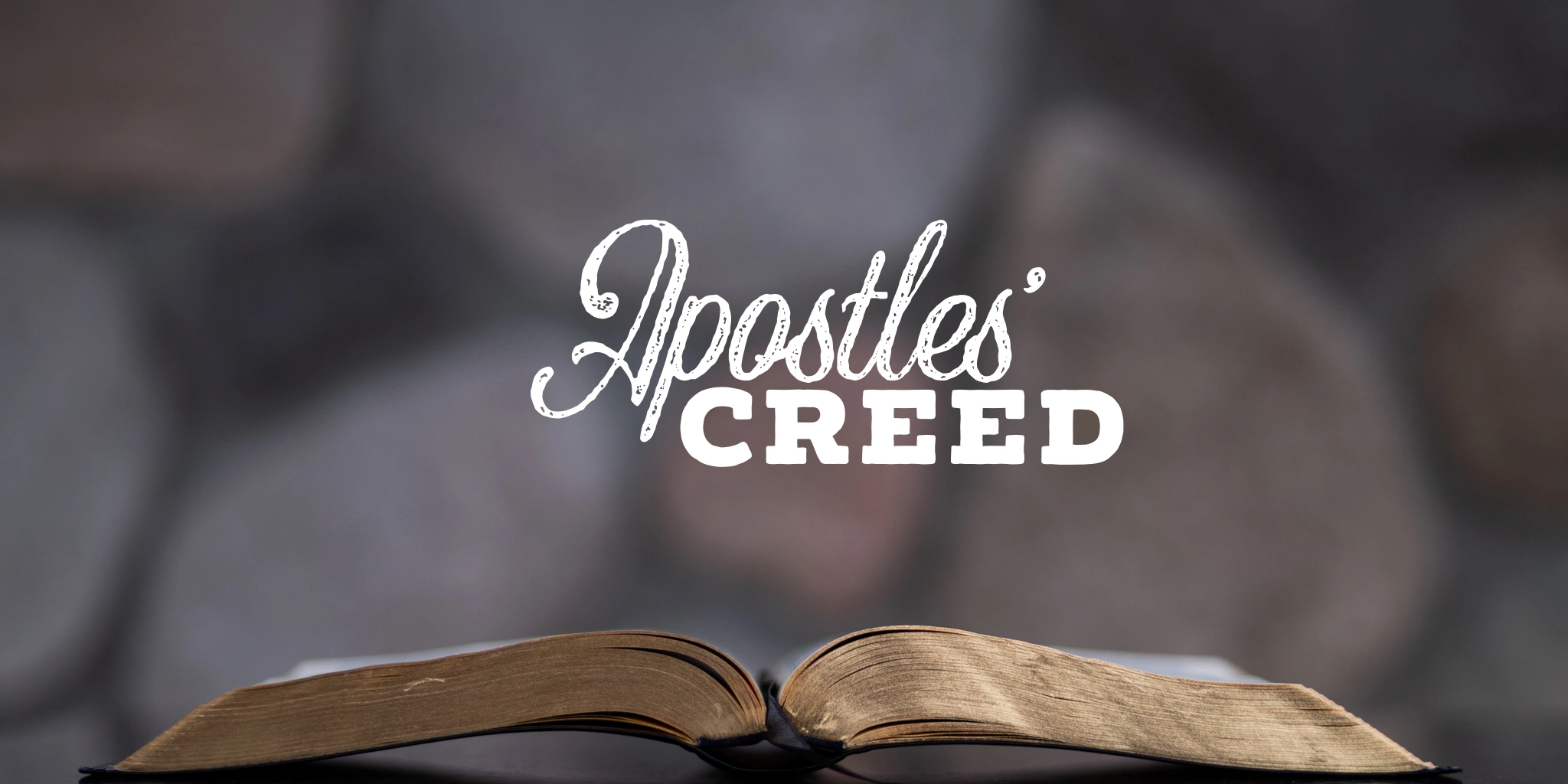
Apostles' Creed
A very early summary of the Apostles' teaching. While not directly attributable to the Apostles, it is widely accepted as an accurate distillation of their doctrine.

Nicene Creed
First developed in A.D. 325 to defend the divinity of Christ and later expanded in A.D. 381 to also defend the divinity of the Holy Spirit.
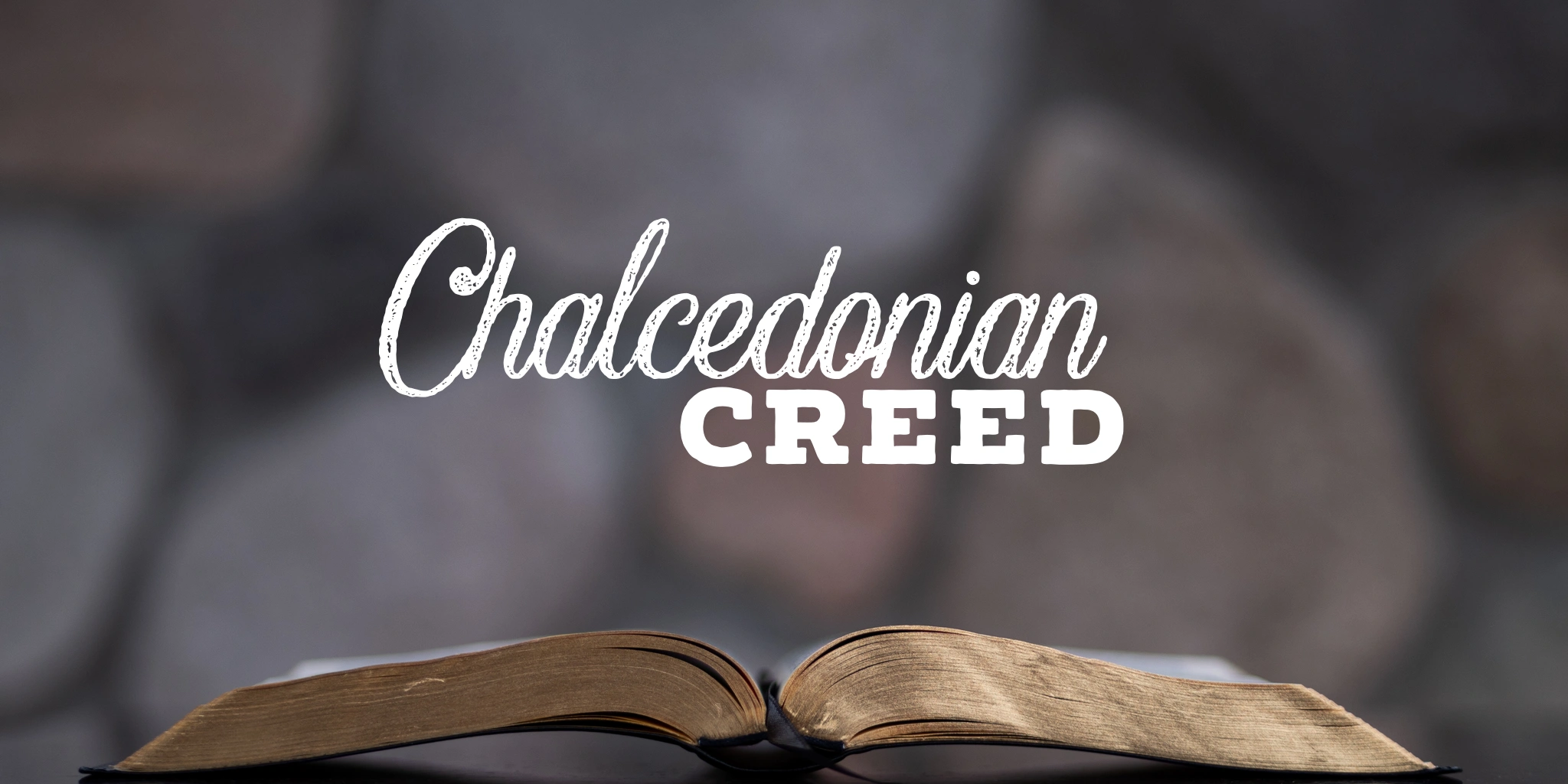
Chalcedonian Creed
Adopted in A.D. 451, to respond to heretical views of the nature of Christ. It laid out the orthodox view that Christ has two natures united in one person.
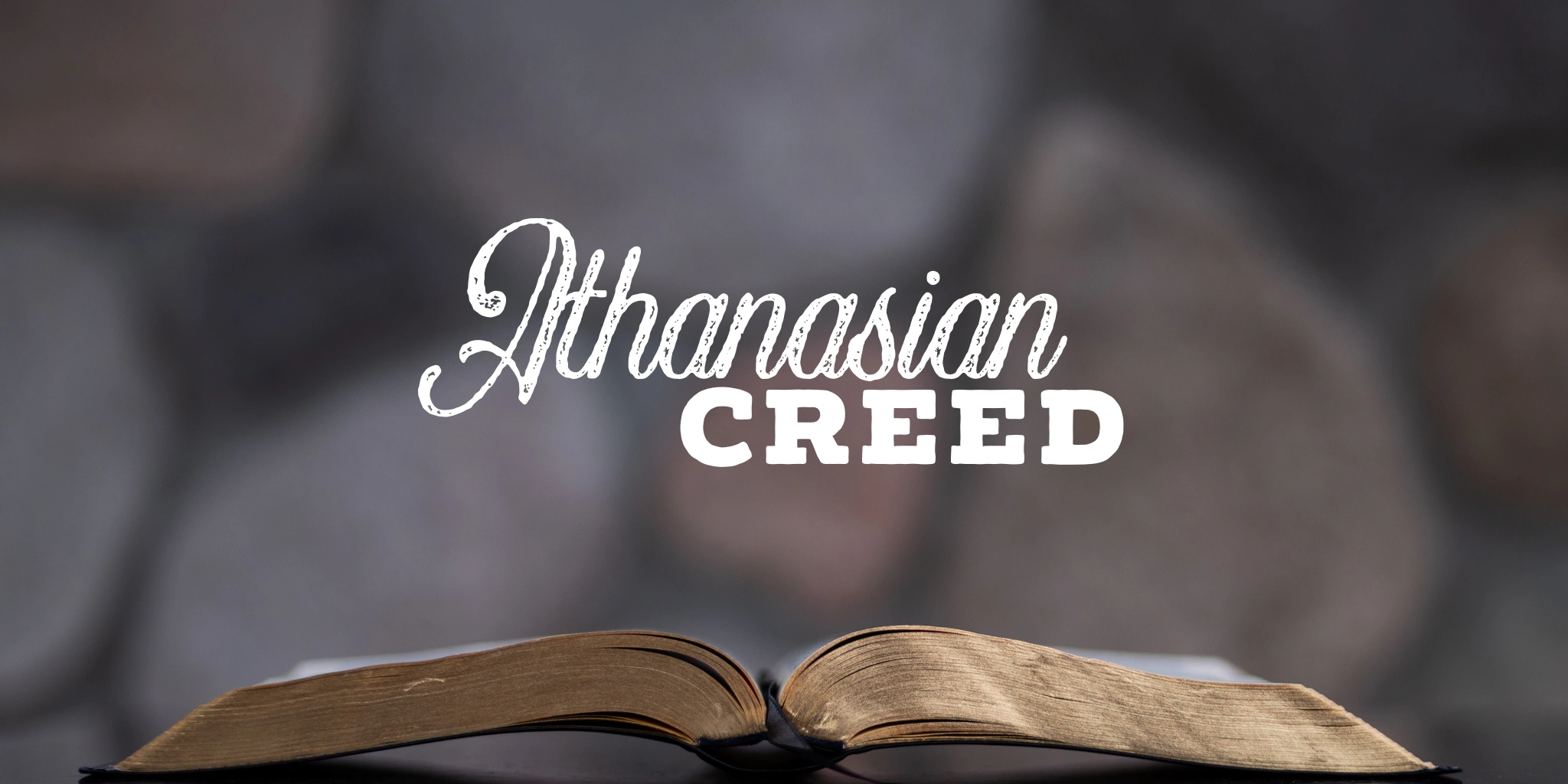
Athanasian Creed
Named after the strong apologist Athanasius, it's a concise description of the doctrine of the Trinity and the nature of Christ.
We Are Protestant and Confessional
We are protestant and are grateful for the work of the reformers in their contention for the Christian faith and for their work in restoring a gospel-centered approach to the church. We affirm the five Solas of the Protestant Reformation for their usefulness as a framework for understanding the Gospel. The following articles from Ligonier are a good introduction to the five Solas.
The Five Solas
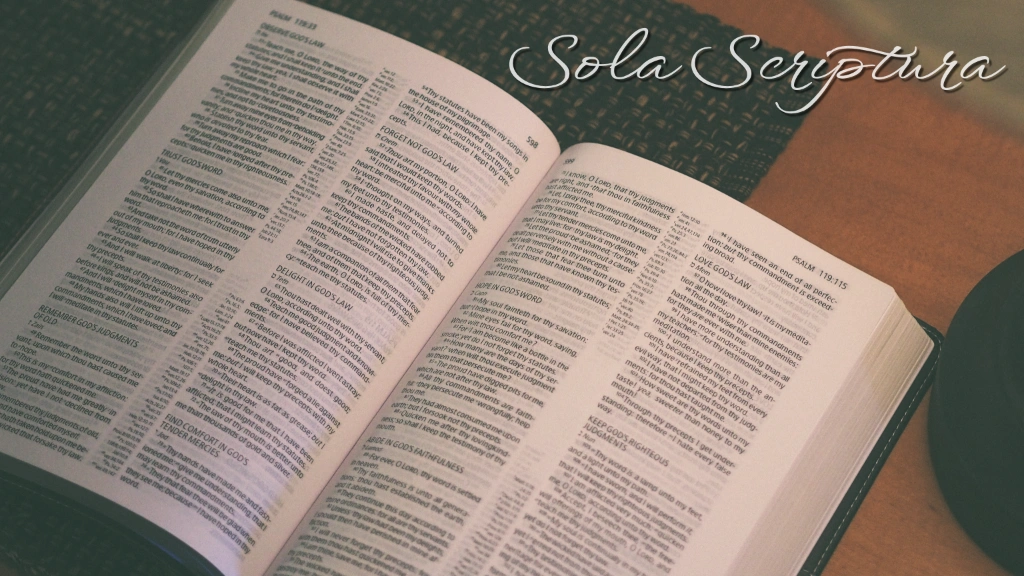
Sola Scriptura
Scripture Alone: God’s people have universally affirmed that there is only one thing that can legitimately function as the supreme standard: God’s Word. There can be no higher authority than God Himself.

Sola Fide
Faith Alone: What is justification? Justification is an act of God’s free grace, wherein he pardons all our sins, and accepts us as righteous in his sight, only for the righteousness of Christ imputed to us, and received by faith alone.

Sola Gratia
Grace Alone: The Reformers understood the importance of the grace of God to the Bible’s teaching on salvation. In fact, one of the slogans that came to define Reformation teaching was sola gratia, which is Latin for “by grace alone.” Christians are saved by the grace of God alone.
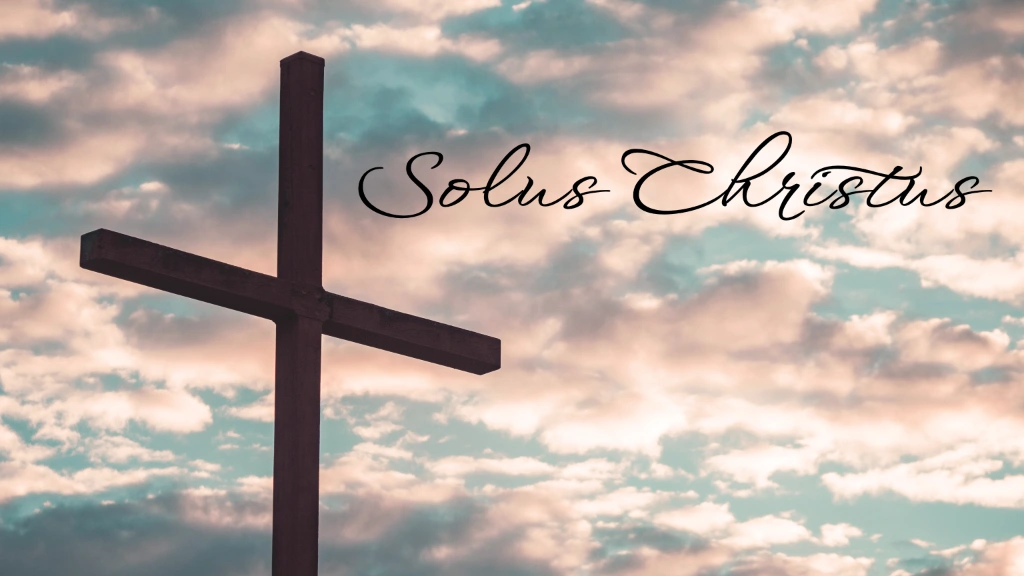
Solus Christus
Christ Alone: Reformed theology affirms that Scripture and its teaching on grace and faith emphasize that salvation is solus Christus, “by Christ alone”—that is, Christ is the only Savior (Acts 4:12). B.B. Warfield wrote, “The saving power of faith resides thus not in itself, but in the Almighty Savior on whom it rests.”

Soli Deo Gloria
To the Glory of God Alone: We use the phrase glory of God so often that it tends to lose its biblical force. But this glory, like the sun, is no less blazing— and no less beneficial—because people ignore it. Yet, God hates to be ignored. So let’s focus again on the glory of God. What is God’s glory, and how important is it?
We are confessional. Many of the reformers and protestant denominations produced confessions detailing their beliefs. These confessions were significantly more exhaustive than the earlier creeds in expositing the doctrines of Christianity. As such, while they generally are in agreement, there are differences specific to each denomination. Because of the great agreement between the various protestant confessions, many protestant leaders recently came together to create a “mere protestant” confession. The Reforming Catholic Confession is the result and we affirm its text.
Reforming Catholic Confession
Many of the other confessions produced since the reformation are extremely beautiful compositions that articulately describe Christian doctrine. While we cannot affirm the entirety of these confessions, we do appreciate their beauty and find them useful expositions of Scripture and worthy of our study.
We are Reformed Baptist
Within protestant Christianity, we are reformed and baptist. As reformed christians, we hold to classical theism, covenant theology, a law/gospel distinction, a redemptive historical hermeneutical approach to the scriptures, and a calvinistic soteriology. As credobaptist, we believe that baptism should be administered only to those with a credible profession of faith in Christ. As reformed baptists, our leadership affirms the Second London Baptist Confession of 1689.
Second London Baptist Confession of 1689
The Second London Baptist Confession of 1689 was written by baptists of the 17th century in England. Their aim was express their consistency with the reformed theology of the Westminster Confession and the Savoy Declaration while detailing their views on baptism and ecclesiology. We consider this ancient document to be an excellent expression of that which we believe is clearly taught in the Word of God and embraced by us as faithful statements of our beliefs. We find it to be a confirmation of faith, a means of edification, an aid in controversy, and a basis for church unity.
Associational
Along with the 17th century and subsequent particular baptists, we believe it prudent to join with other like-minded baptist churches in the work gospel and for fellowship and support. To that end, we are a founding member of the Grace Reformed Network. The Grace Reformed Network is an association of confessional churches subscribing to the Second London Confession of 1689 united around the sufficiency of Christ.
Church Plants
Reforming Truth Church is pleased to send out and partner with the following church plants.
Saint's Rest Reformed Church
Saint's Rest is a Confessional Baptist Church plant in Midland Texas striving to clarify the gospel and bring rest to weary Saints.
Resources
You may find the below resources helpful in your study of the scriptures. We may not agree with the entirety of these articles, confessions, catechisms, and statements, but we believe they are worth reading.

 Reforming Truth Church
Reforming Truth Church 
